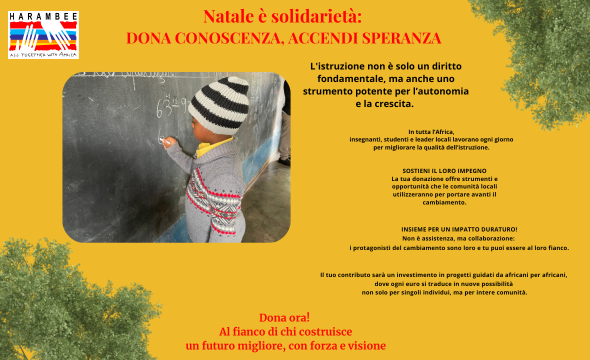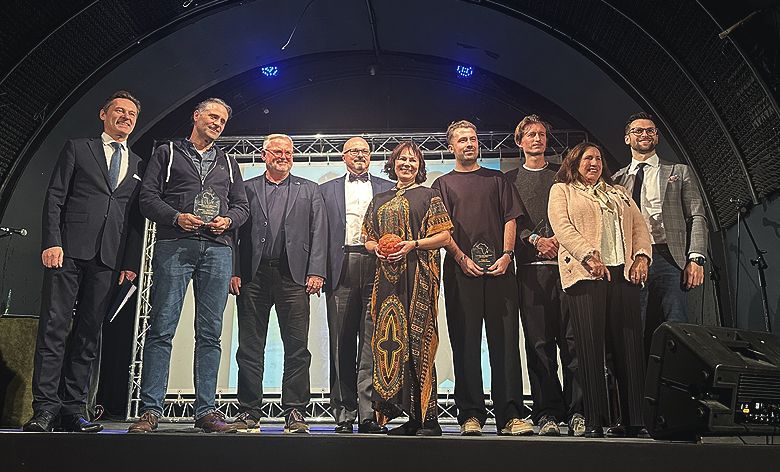Madrid. Agreement between Harambee and UNED in the training of women in Africa
Harambee has signed a collaboration agreement with the UNED to carry out training activities, external academic internships, studies and research projects, integration into UNED research teams of African women scientists with scholarships from Harambee and other activities related to the university's own tasks.
Under this agreement, the following activities will be promoted:
o Development of Service-Learning (ApS) projects, applying the knowledge acquired at the University to the resolution of social problems;
o Carrying out external academic internships, curricular or extracurricular;
o Integration in UNED research teams of women scientists with Harambee scholarships;
o Conducting studies and research projects in those areas considered to be of common interest;
o Training activities, such as courses, congresses, seminars, etc., on topics of mutual interest to the signatory Institutions;
o Solidarity activities and initiatives in favor of Harambee;
o Mutual advice on issues related to the activities developed by both entities;
o Exchange of information and documentation;
o Any other activity that, within the scope of this agreement, is of mutual benefit.
Antonio Hernández Deus, President of Harambee Spain pointed out: "this agreement is a step forward in the work we do to promote the presence of African women in large research areas. We have been promoting for some years that women who have excelled in their professional work also have the opportunity to complete their training outside their country of origin, with the commitment to return, in order to improve their own country and the presence of women in research centers. For us to have the support of the UNED is an extraordinary step."
For his part, the rector of the UNED, Ricardo Mairal Usón, said: "the UNED in its commitment to internationalization cannot leave aside the African continent. That is why we have in special consideration the signing of this agreement that will allow us to implement training projects and service-learning (APS) in the area.
Ricardo Mairal Usón has also highlighted the importance of the research projects that will be carried out under this agreement and that will deal with those areas in which there is a common interest and the presence of these African women in the research teams of the UNED.







